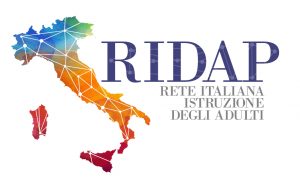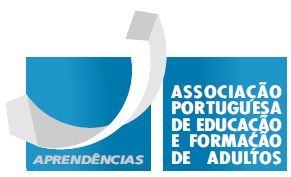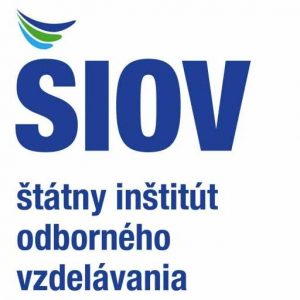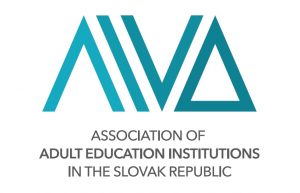National Reading Plan
Teaching / learning of basic and transversal skills
Brief description of the main purposes and contents
The National Reading Plan 2017-2027 (PNL 2027) is a public policy whose main objectives are to increase the reading habits and practices of the Portuguese population and improve their reading and literacy skills. By 2027, the plan will focus on strengthening and consolidating the actions carried out in the previous 10 years and will invest in the development of new aspects, through expanded articulation with the areas of education, culture, science, technology and higher education and local authorities, as well as other sectors and civil society in general.
Reasons why the project / program is considered a “good practice”
I consider this a good practice in that it promotes social inclusion through the implantation of literacy skills that are indispensable to the personal, school and professional lives of citizens and to the economic, social and cultural progress of the country.
Managing authority / organisation
The Commissioner of PNL2027 and an Interministerial Commission ensure the management, monitoring and follow-up of PNL2027. Logistical and administrative support for PNL2027 is provided by the Directorate General of Education.
Main target group
Children, youth and adults (nationally, regionally and locally).
Source of funding
Public Funds
Stakeholders involved
The main stakeholders involved are: schools, libraries, higher education institutions, training, recognition, validation and qualification centers, research units, culture, science and technology institutions, and local authorities. With a view to the wider involvement of society, it is also intended to pursue collaboration with a wide range of stakeholders, including associations, educational services, reading mediators, volunteers, writers, illustrators, creators, researchers, publishers, booksellers, among others who are willing to participate in actions or promote initiatives.
Contribution of the practice in improving / promoting the social inclusion of the beneficiaries
This practice promotes social inclusion in the sense that the aim of the practice is for all Portuguese to have reading habits and the literacy skills that are indispensable to their personal, school and professional lives and to the economic, social and cultural progress of the country.
Elements of the project / program that could be easily transferred to other contexts
The development and application of reading practices to all interested institutions/entities.
Other potential target groups to which the project / program could be extended
General public (all adults).
Description of the methods of implementation and any recommendations
The National Reading Plan (PNL), launched in 2006, was an institutional response to the concern over the literacy levels of the Portuguese in general and of young people in particular, having implemented over 10 years a set of measures aimed at developing the skills and reading habits of the Portuguese population, with special focus on the school public. Recognizing the need to consolidate and expand this public policy and align it with the national strategy to qualify Portuguese society and raise its overall literacy levels, the XXI Constitutional Government launched, through the Resolution of the Council of Ministers No. 48-D/ 2017, a new stage of the PNL for 2017-2027 (PNL2027). This Plan aims to strengthen the work done, increase investment in all segments of the population and focus on a more integrative intervention dynamic, involving the areas of education, culture, science, technology and higher education and local authorities, in order to address the wide range of challenges that currently condition and determine the act of reading and writing. Reading is considered, in this context, a basic condition across all knowledge, a multimodal literacy skill that combines different languages, texts and formats, and a human right with direct impact on the personal growth of individuals, on the economic, social and cultural development of the country and on the quality of our democracy, inclusion and citizenship. The defined strategy covers 10 areas of intervention, with different qualities and impacts (personal, school, family and social), sustained by a very varied set of projects and partnerships, national, regional and local in scope. Thus, we proceed to the framing and enunciation of these measures and the presentation of management mechanisms, promotion and monitoring of actions to be carried out in the period 2017-2027. This practice is recommended because it promotes reading as a key competence and right inherent to the human condition and citizenship; it is a broad and inclusive practice (OF all, WITH all and FOR all, covering all individuals and audiences: child, youth and adult); mobilizes the various sectors and areas of administration and society; is a potentiator of forces and synergies with multiple partners and institutions, national and international; is a booster of the use of books and libraries as sources of knowledge and culture;is integrative and transversal to multiple literacies; is creative, innovative and able to meet the challenges of the 21st Century; and demanding and guided by quality criteria and scientific foundations.
Project / program website or other online reference resources







